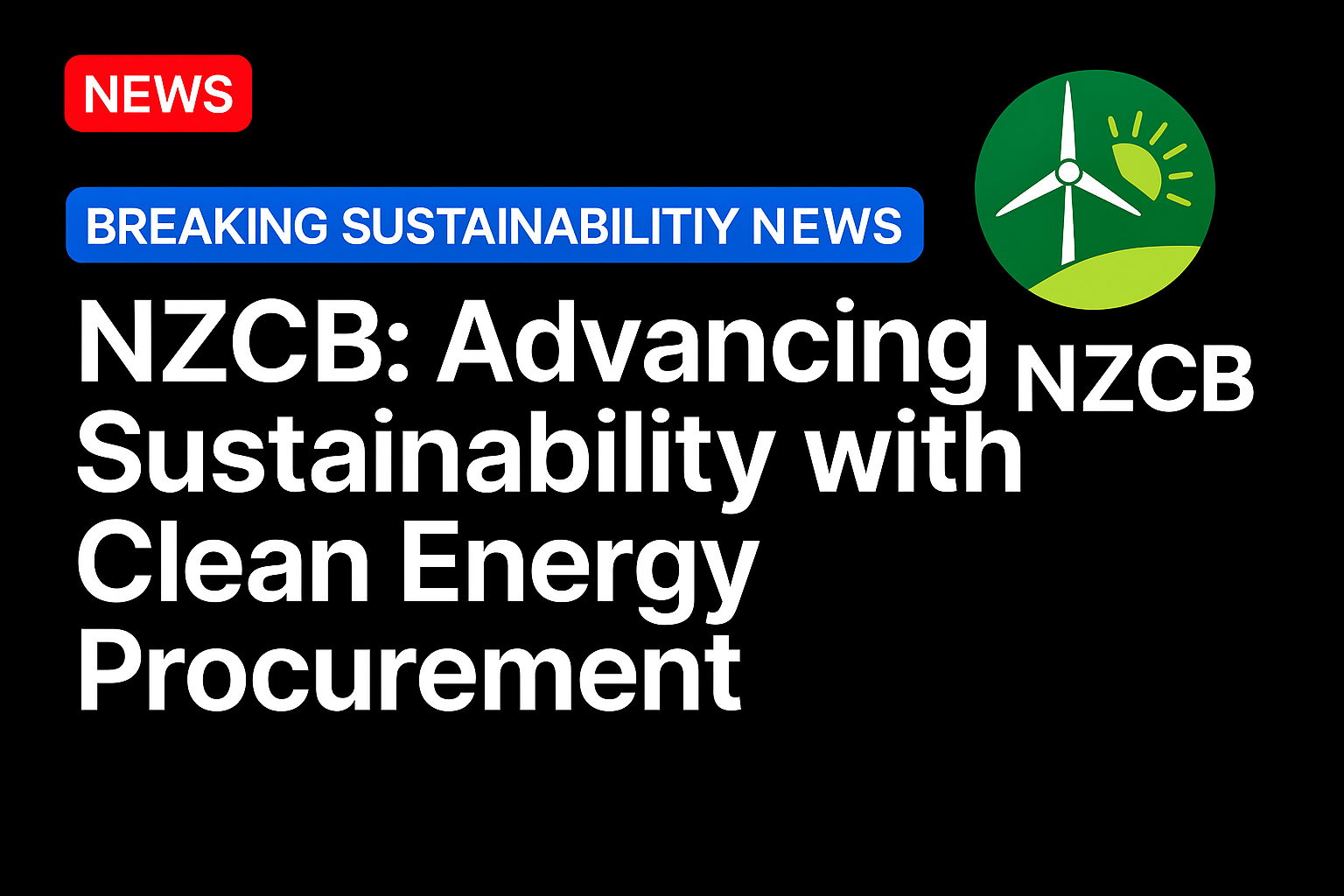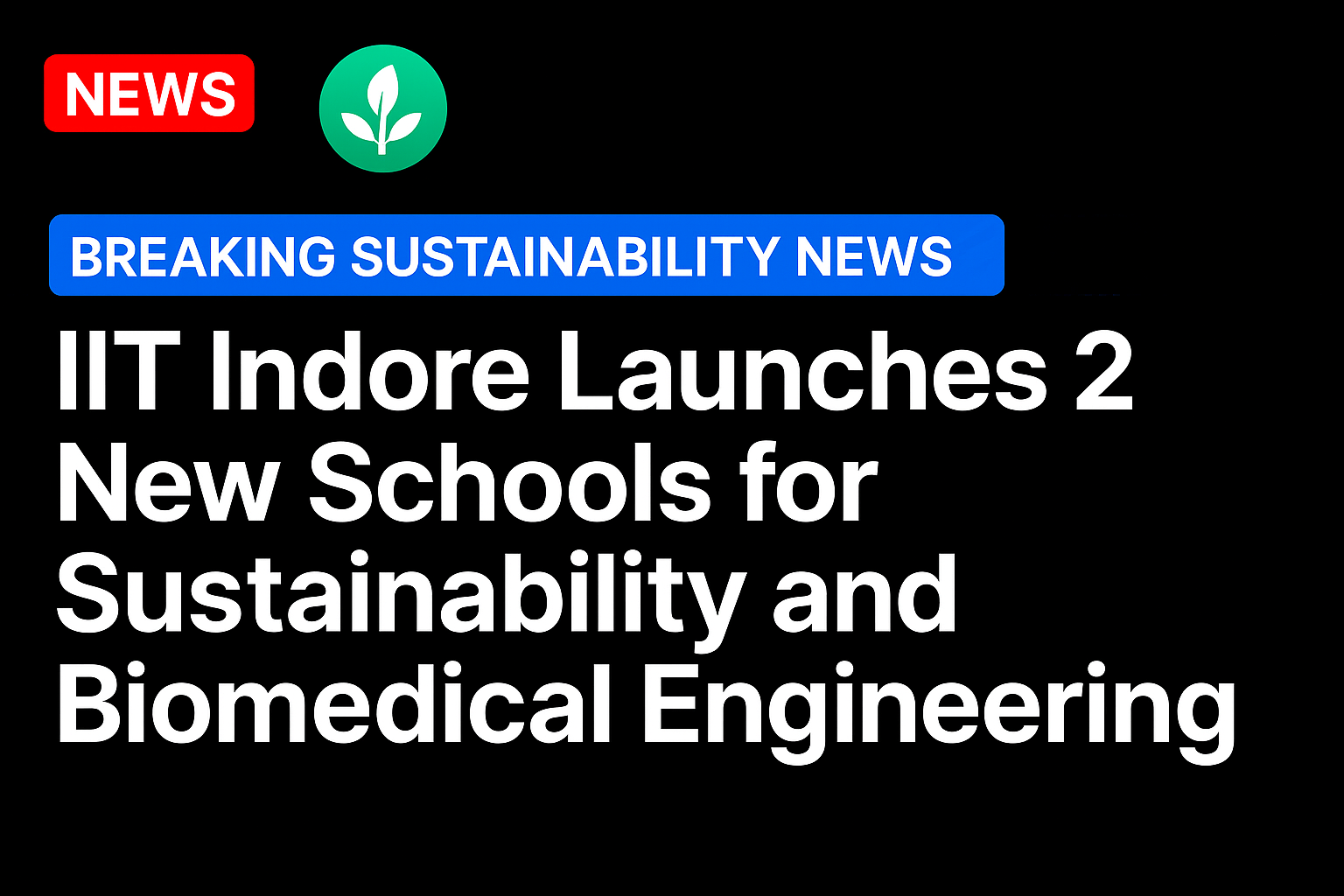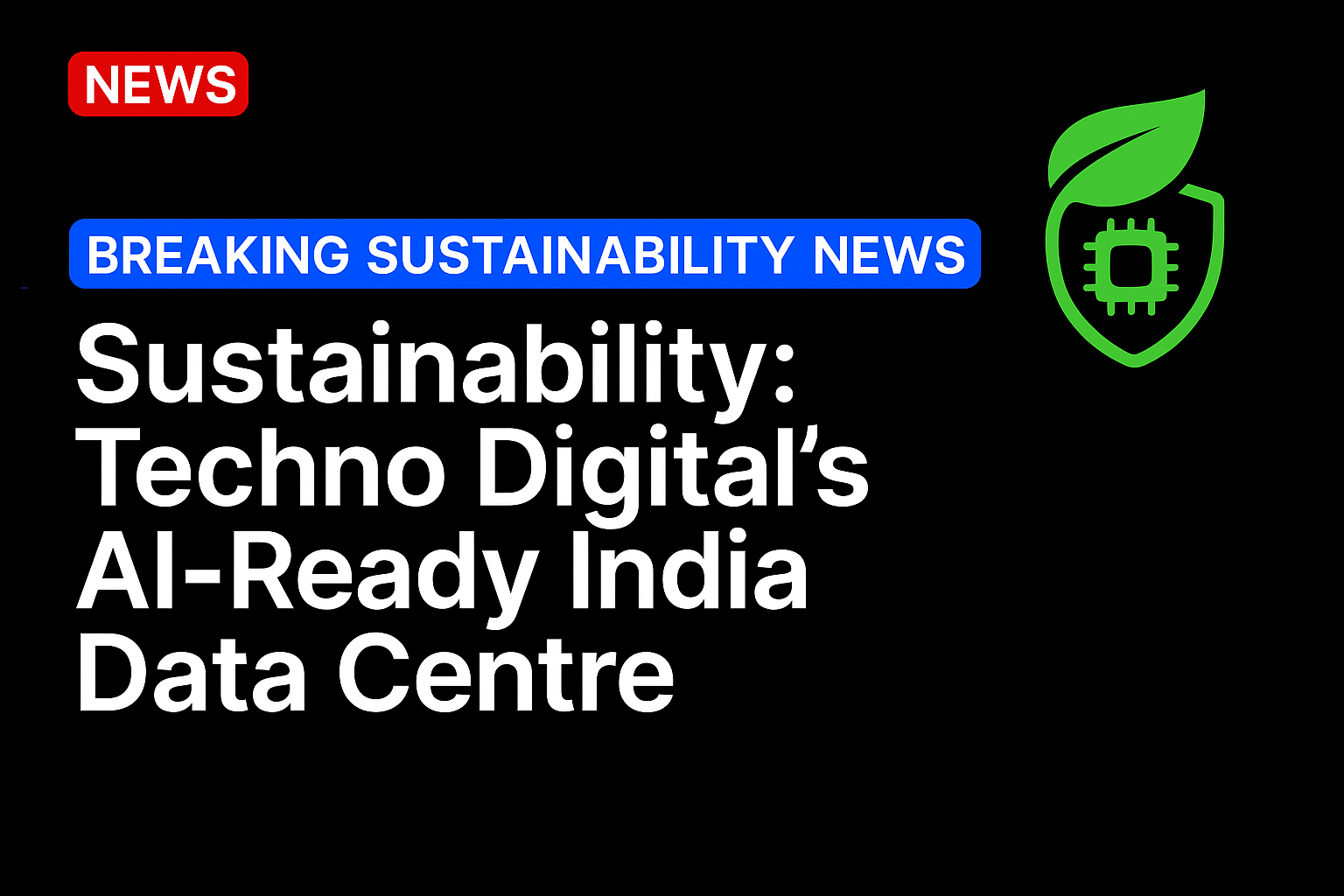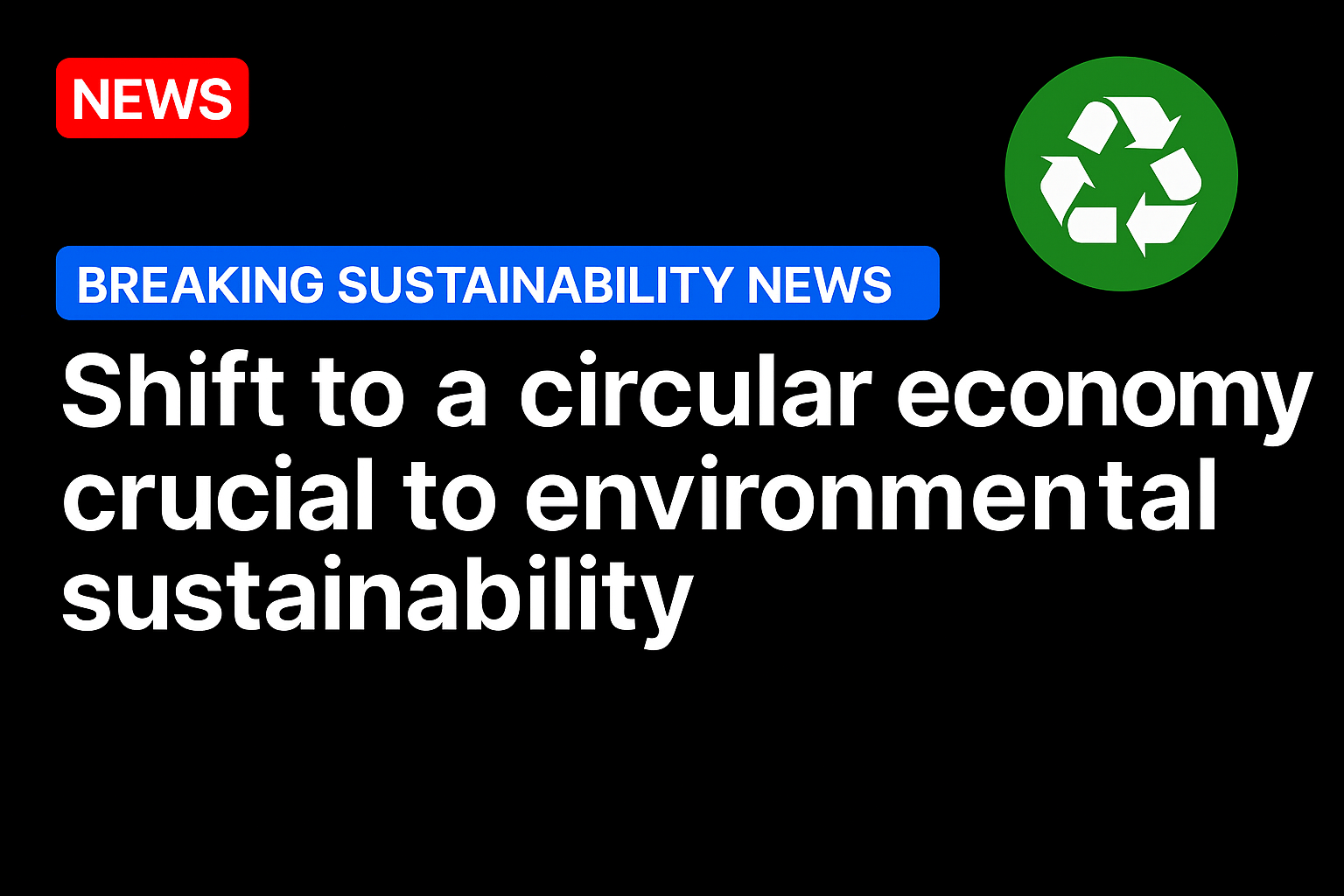We explore how strategic solar energy procurement by NZCB is reshaping supply chain dynamics and aiding corporate carbon reduction strategies
The Sustainability Roundtable has unveiled a strategic clean energy procurement initiative through its Net Zero Consortium for Buyers (NZCB).
This collaboration manifests in a set of virtual power purchase agreements (VPPAs), securing 30 megawatts (MW) of solar power from the Catania Solartrack facility managed by Aquila Clean Energy EMEA in Sicily.
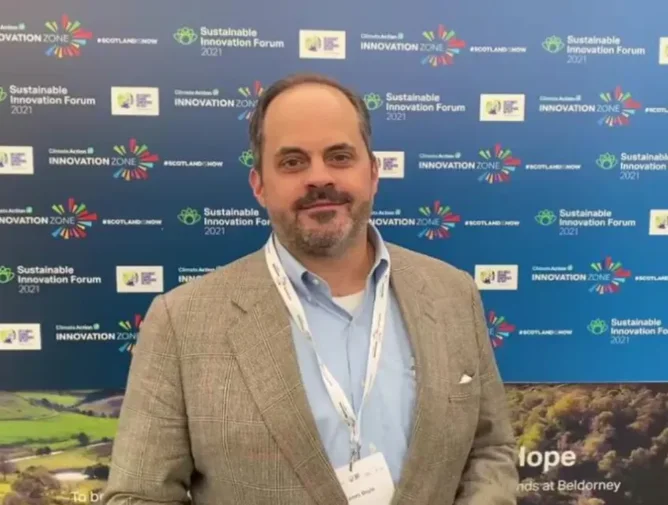
Jim Boyle, CEO of Sustainability Roundtable, remarks: “Our NZCB clients help to lead the corporate energy transition by procuring EACs that actually cause new renewable capacity.”
Innovative procurement and renewable capacity
The innovative VPPA 2.0 strategy deployed by NZCB is pivotal in facilitating new renewable energy projects.
Aquila Clean Energy, a known developer for hybrid clean energy solutions across Europe, participates actively.
Marcos Domínguez of Aquila highlights the importance of such agreements, considering them crucial for the low-carbon transition. He says: “Collaborative purchasing agreements such as this one are essential for accelerating the large-scale deployment of renewable energy.”

This procurement reflects a shift in how corporations approach their carbon footprint, aiming explicitly to instigate additional renewable projects rather than merely purchasing existing energy attribute certificates (EACs).
With a targeted approach, the NZCB plans help participants meet their Scope 2 emissions goals while also contributing substantially to new energy creation in Catania.
Powering communities and supporting the grid
The Catania Solartrack installation spans nearly 250 acres, combining agricultural activities with energy production and is set to prevent about 24,000 tonnes of CO2 emissions annually.
Additionally, it will generate enough clean electricity to power 27,000 homes each year. Utilising advanced engineering platforms like PVcase has enabled the efficient setup of this facility, slated for operational commencement post-construction in 2026.
This initiative prioritises new renewable energy creation, as opposed to merely reallocating already accounted EACs. Consequently, the procurement will facilitate the generation of 61,000 Purchaser Caused Environmental Attribute Certificates (PC EACs) annually over a decade.
Uniting corporate efforts for sustainable goals
Notable participants in the NZCB scheme include Autodesk, IDEXX Laboratories and Synopsys, each harnessing aggregated buying power to access substantial renewable energy.
Autodesk commits to acquiring 5MW to fulfil its target of achieving 100% renewable energy, aligning with its broader decarbonisation mission.

Joe Speicher, Autodesk’s Chief Sustainability Officer, says: “We understand that by advancing cleaner energy sources and embedding carbon intelligence into our design, we’re accelerating progress toward a more resilient and equitable lower-carbon future.”
Similarly, IDEXX Laboratories will procure 5MW to support its European operations with clean power, endeavouring to reach 100% renewable electricity by 2030.
Its third engagement with NZCB highlights the importance of strategic partnerships.

Synopsys further adds to this alliance by acquiring 7MW, strengthening its sustainability objectives and compliance with SBTi-validated emission reduction targets.
Erika Varga McEnroe from Synopsys emphasises the strategic importance of these procurement efforts, says: “This includes pursuing decarbonisation efforts that make sound business sense and enable the availability of more renewable energy.”
By consolidating resources and expertise, these entities exemplify how supply chains can evolve to support a sustainable future.
Source: https://supplychaindigital.com/

